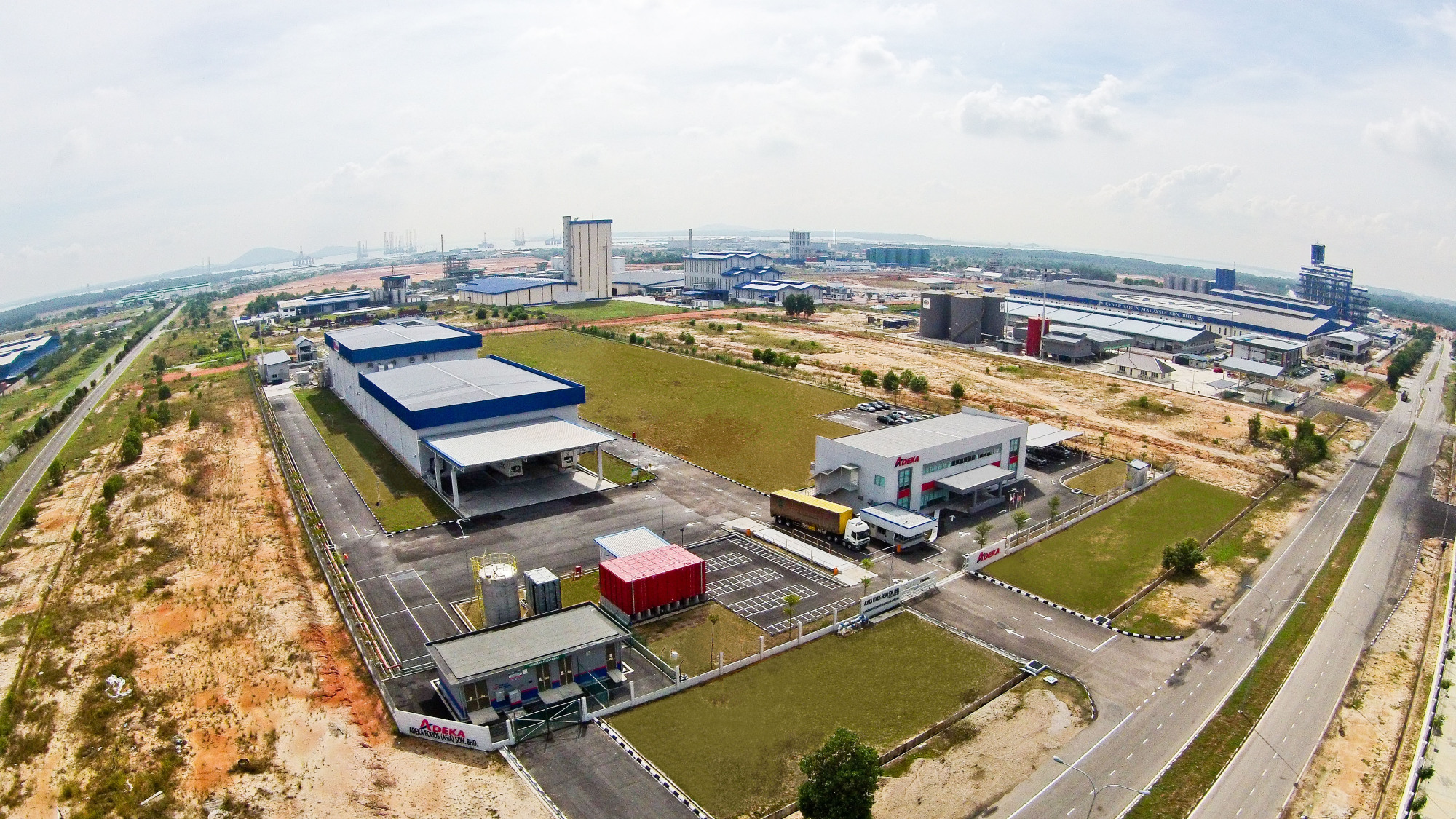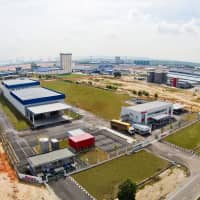Japanese companies can greatly benefit from investing in Malaysia to expand into the Muslim market as providers of halal products.
There are many opportunities for Japanese companies in the Malaysian halal industry, especially through joint venture collaborations with local companies boasting halal expertise, enabling technology transfers that benefit both countries. Such investment also gives Japanese companies the foundation for expansion into other halal markets in the Association of Southeast Asian Nations countries, as well as those in the Middle East.
Halal Industry Development Corp. (HDC) in collaboration with various agencies such as Japan External Trade Organization (JETRO) has assisted Japanese companies with their investments in Malaysia. HDC is an agency under the Ministry of Economic Affairs, Malaysia.
Additionally, HDC has worked with JETRO to facilitate market access to Middle East countries for Japanese companies based in Malaysia.
In one such example, Kewpie Malaysia Sdn. Bhd. is a wholly owned Japanese company with a capital of 34 million Malaysian ringgits (¥927 million). In 2011, it became the first Japanese multinational food manufacturer producing halal food in Halal Park in Serkam, Melaka, Malaysia, according to HDC. Kewpie Malaysia produces mayonnaise, sauces, salad dressings and other food products.
Halal parks are communities of halal-oriented businesses built on common property that provides businesses with infrastructure and service support. Parks accredited by HDC are called Halmas Halal Parks where operators must comply with the requirements under the HDC Designated Halal Park Development Guidelines. The park in Serkam is one of the 14 Halmas Halal Parks.
Another Japanese company with a direct investment in a Halmas Halal Park is Ajinomoto Co., a major Japanese food company. Its Malaysian subsidiary, Ajinomoto (Malaysia) Bhd., began operations in 1961, one of the very first Japanese companies to set up in Malaysia. Ajinomoto (Malaysia) has since grown into a dynamic food and seasoning manufacturer, marketing diverse brand names that Malaysians have trusted for decades.
Another company, NHF Manufacturing (Malaysia) Sdn. Bhd., is a joint venture between NH Foods Ltd., a Japanese processed foods maker, and Lay Hong Bhd. (NutriPlus), a major player in Malaysia’s integrated farming business. The items produced at the Pulau Indah plant are branded as Nippon Premium NutriPLus and include kara-age (deep-fried chicken) and chicken menchi katsu (deep-fried ground chicken and vegetables).
Founded in December 2012, Adeka Foods (Asia) Products Sdn. Bhd. is a joint venture between Japan’s Adeka Corp. and Malaysia’s IOI Corp. The joint venture, also located at a Halmas Halal Park, started to produce margarine and shortening for breads and confectioneries in July 2014. Its main focus is to market its products in Southeast Asia.
To attract more Japanese companies to invest in the halal industry in Malaysia, HDC is willing to collaborate with the Japanese government in various fields.
HDC said the areas of collaboration between Malaysia and Japan on the development of the halal industry in Japan could cover exchanging information and experiences, providing halal-related knowledge and technical expertise and jointly holding halal-related activities, such as events, seminars, exhibitions and conferences.
A memorandum of cooperation on halal issues, signed by the Malaysian and Japanese governments in November, stipulates that the Muslim majority country will assist Japan with its halal expertise in preparation for the Tokyo Olympic and Paralympic Games in 2020. It also stipulates the two countries collaborate on trade and investment promotion for halal products and services between them, as well as facilitation in the development of halal certification, Muslim-friendly tourism and a halal supply chain in Japan.
HDC aims to make Malaysia the preferred investment destination by supporting global companies investing in Malaysia, as well as domestic companies and organizations that assist such global companies.
To that end, Malaysia’s Ministry of Economic Affairs — through HDC — provides various services, such as comprehensive halal standards, market access for trade, information on the promotion and development of Halmas Halal Parks, advice and application assistance for tax incentives to eligible halal industry manufacturers and other halal-related companies. According to HDC, it also offers consultancy and facilitation services with government bodies or private agencies interested in the development of halal parks.
Download the PDF of this halal grows ahead of 2020 Games special
For more information, please visit us at http://www.hdcglobal.com




